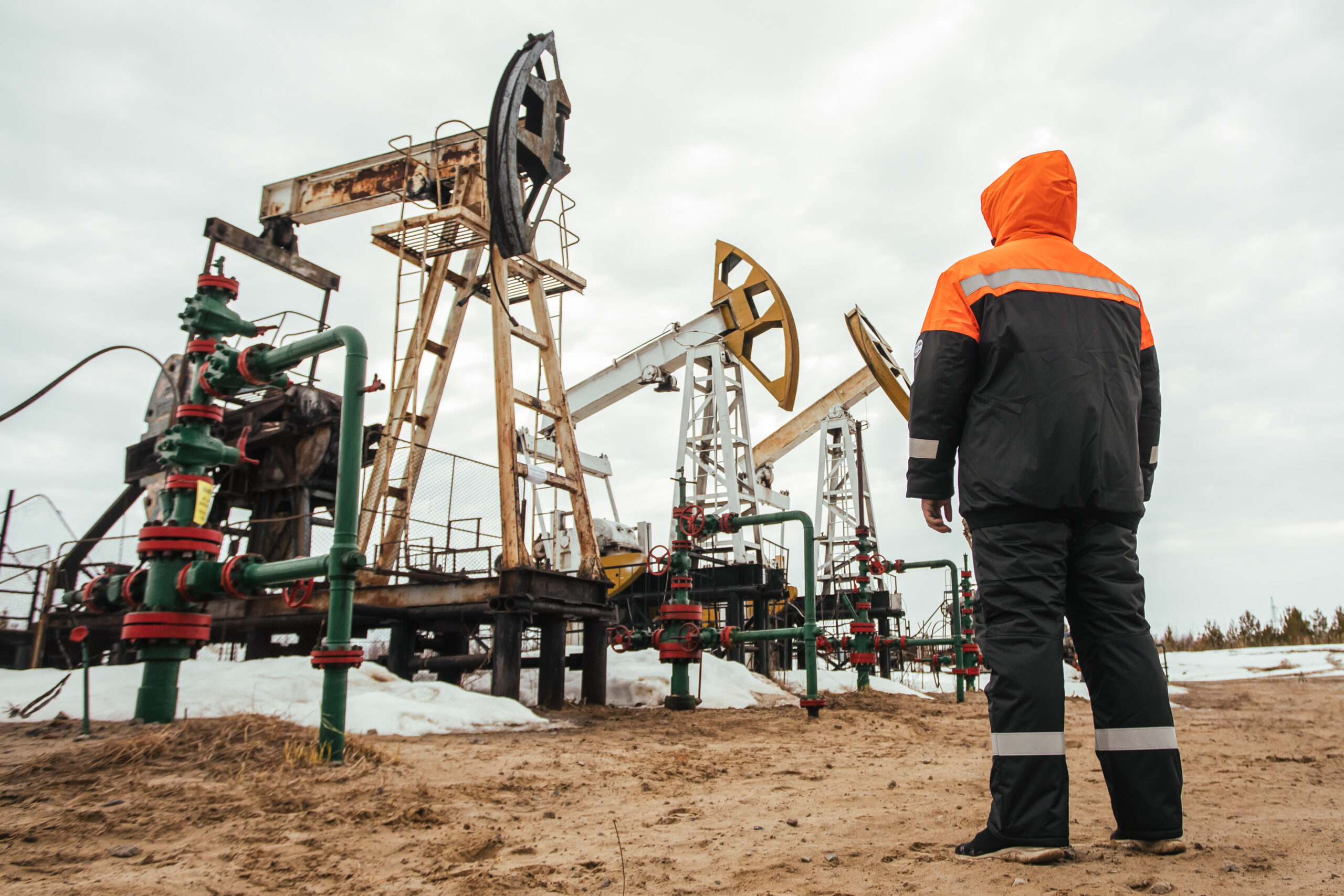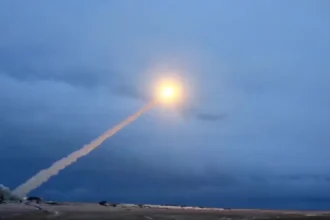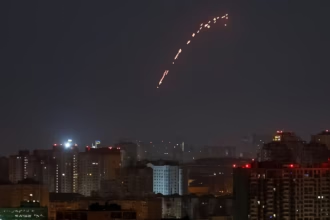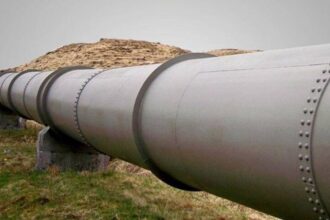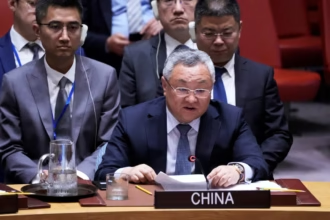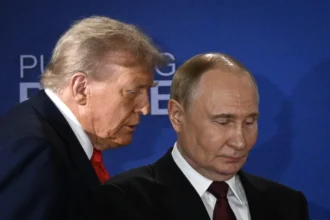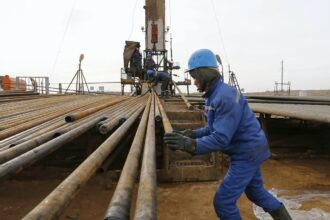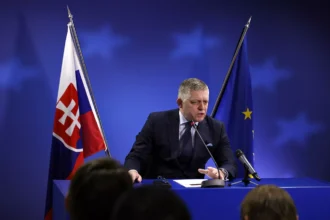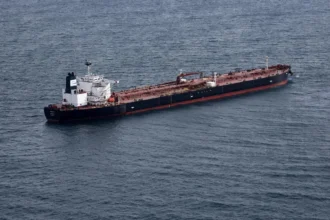Russia’s oil and gas revenues have dropped to their lowest level since January 2023, according to the country’s Ministry of Finance, highlighting the increasing fiscal pressure the Kremlin faces amid prolonged sanctions, price fluctuations, and a shifting global energy landscape.
Preliminary budget data released this week shows that Russia earned approximately 425 billion rubles ($4.8 billion) from oil and gas sales in June 2025 — a steep decline from recent monthly averages and a nearly 40% drop compared to the same period last year. This downturn reflects a combination of softer global energy prices, shrinking market access, and growing competition in key regions.
Sanctions Take Long-Term Toll
Russia’s energy sector — the backbone of its economy — continues to grapple with extensive Western sanctions imposed in response to the war in Ukraine. While Moscow has sought to redirect oil flows to non-Western markets such as China and India, the discounts it offers to maintain those flows have significantly eroded profit margins.
Moreover, EU restrictions on refined products and the G7’s price cap on Russian crude exports have constrained the country’s ability to monetize its energy exports at competitive global rates. Analysts note that the structural impact of sanctions is now increasingly visible in the Russian budget.
Reduced Production, Lower Prices
The decline in revenues also correlates with production cuts agreed under the OPEC+ framework. In recent months, Russia has pledged to reduce its output to support global prices, but with limited success. Benchmark crude prices have remained volatile, pressured by weak demand forecasts from China and broader global macroeconomic uncertainty.
Urals crude — Russia’s main export blend — is trading well below Brent, and further discounts to Asian buyers have undercut state revenues. Simultaneously, logistical bottlenecks and insurance restrictions have complicated export flows.
Domestic Budget Under Pressure
Falling oil and gas revenues have direct implications for Russia’s federal budget, which remains heavily dependent on energy exports to finance military spending, social programs, and subsidies. The fiscal deficit widened in the first half of 2025, forcing the government to tap into the National Wealth Fund and increase domestic borrowing to bridge the gap.
“The current revenue level is unsustainable if expenditures continue at their current pace,” said Irina Volkova, a Moscow-based energy economist. “Unless prices recover or sanctions ease — both unlikely in the near term — budgetary pressures will intensify.”
Outlook: A Shrinking Window
With global energy markets evolving and demand growth shifting toward cleaner alternatives, Russia faces a narrowing window to capitalize on its hydrocarbon resources. The country’s reliance on a shrinking pool of buyers and inability to access Western technologies may continue to constrain output efficiency and profitability.
While Russia’s pivot to Asian markets has provided short-term relief, the long-term trajectory points to diminished leverage and declining returns. As its oil and gas revenues dip to multi-year lows, Russia’s fiscal resilience — and its broader economic strategy — is under growing scrutiny.

